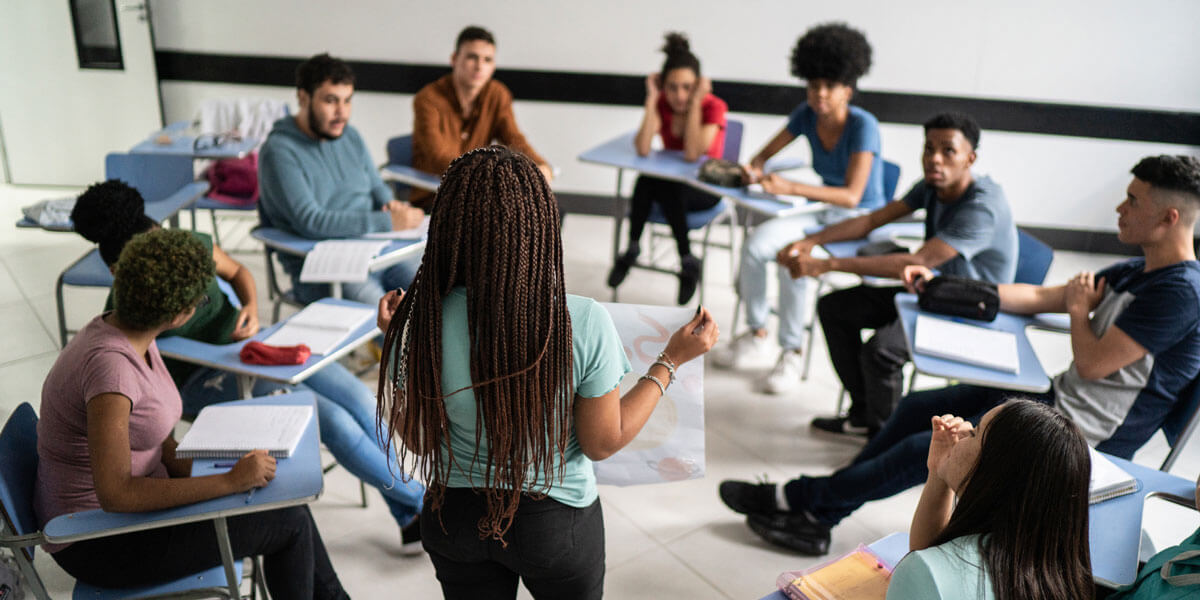Examining Corequisite Reforms Across CUNY Colleges

January 2023–December 2025
Studies from CAPR and other researchers suggest that many students can be successful when granted immediate access to college-level coursework through reformed assessment and placement practices or corequisite supports. But best practices for the implementation of corequisite instruction have not been fully explored. Important questions include how different course structures, pedagogical approaches, and student supports affect student outcomes and why certain students may not be successful in corequisite courses. These issues are particularly salient for low-income, racially minoritized, and first-generation college students, who are disproportionately assigned to developmental education.
In this study, CAPR is partnering with the City University of New York (CUNY) to study CUNY’s system-wide shift to corequisite remediation beginning in fall 2022. The study is examining how individual campuses are implementing corequisite instruction, and how assessment, advising, course structure, pedagogy, and support services vary between campuses. It is also looking at the experiences of students, staff, and instructors within a range of corequisite models.
The study was extended to explore the experiences of multilingual learners (MLs) in corequisite courses and the impact of new placement guidelines on these students to address important questions about how MLs are identified and placed in corequisite courses, the language supports available to them, and the relationship between corequisite courses and ML support.
Project Design
The study is integrating interviews, focus groups and classroom observations.
Interviews with faculty, administrators, and staff. Researchers began qualitative data collection in six CUNY colleges in the spring of 2023. The first phase of data collection focused on faculty, staff, and administrator experiences, as well as differences in models implemented across campuses. For the portion of the study on multilingual learners, researchers are conducting qualitative data collection, including interviews and focus groups with administrators, faculty, and student services staff, in four of the seven CUNY community colleges in spring 2025.
Interviews with students and class observations. Researchers conducted in-depth data collection at several colleges in fall 2023 and spring 2024 to explore students’ experiences in varying corequisite course structures. Data collection activities included classroom observations, in-depth interviews, and focus groups.
What We’ve Learned
A November 2024 report describes findings on the first year of full-scale implementation of corequisite English and math courses, including variation in scaling timelines, in corequisite models, and in faculty and staff engagement. Interviewees identified important facilitators of the scaling process.
A brief released in July 2025 draws on focus groups with 57 students enrolled in corequisite English and math courses at three CUNY colleges to share student perspectives on the features of corequisite courses that improved their experiences and what made them more challenging.
This research is funded by Ascendium Education Group.
